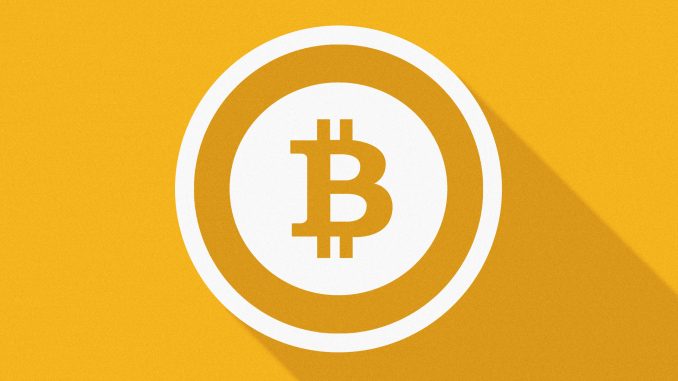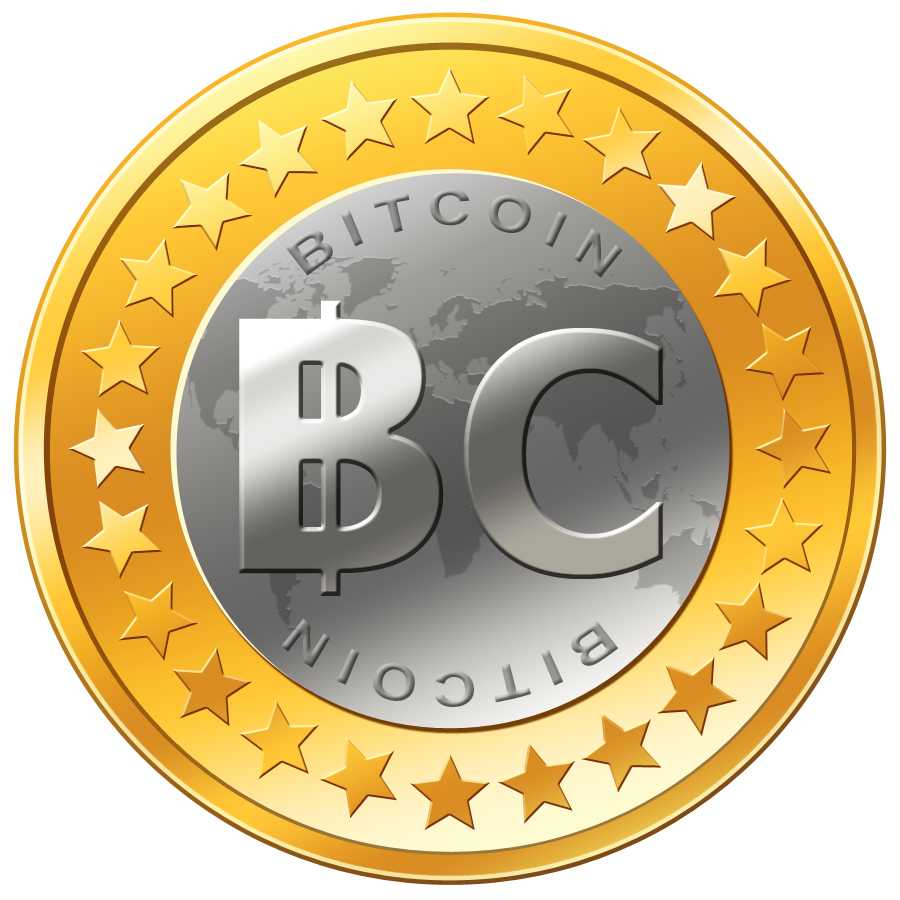

Bitcoin has become the standard digital currency accepted by people around the world despite a volatile history consisting of account hacks, an anonymous creator, and, well, market volatility. Despite these factors, bitcoin has become the premier and most widespread digital currency and no currency is even close. What would happen, however, if another form of digital currency were to assert itself with a better form?

Establishing Itself
Bitcoin has a number of notable features that help to define it. It is mined by people who contribute computing power and security to the program thereby ensuring its existence. There are a limited number of bitcoins in circulation and therefore a limited amount of inflation that can put the currency. It is held and stored in digital wallet companies that provide security for those holding the currency. Bitcoins aren't supported by any country or major financial institution.

The major challenge than any digital currency faces is being established and accepted. Even if the digital currency is better than Bitcoin and based on more secure they will have to have companies and users that accept the new digital currency and which make it a liquid asset that people want to own. To obtain this the new digital currency will likely need the backing of many financial institutions to build its legitimacy and liquidity.
Once A Better a Rival to Bitcoin is Established
Once a better quality digital currency is established, Bitcoin will likely see significant amounts of volatility in its trading price. This increased volatility will scare off some investors and market participants but attract speculation. Over time, Bitcoin will likely begin to see less acceptance of their currency online as people move to their competition currency.
To reach this point, though, Bitcoin needs to be both out-competed in technology and to have a rival develop wider acceptance. The second is the more challenging wall to climb, particularly as Bitcoin becomes more well known.








1 Trackback / Pingback